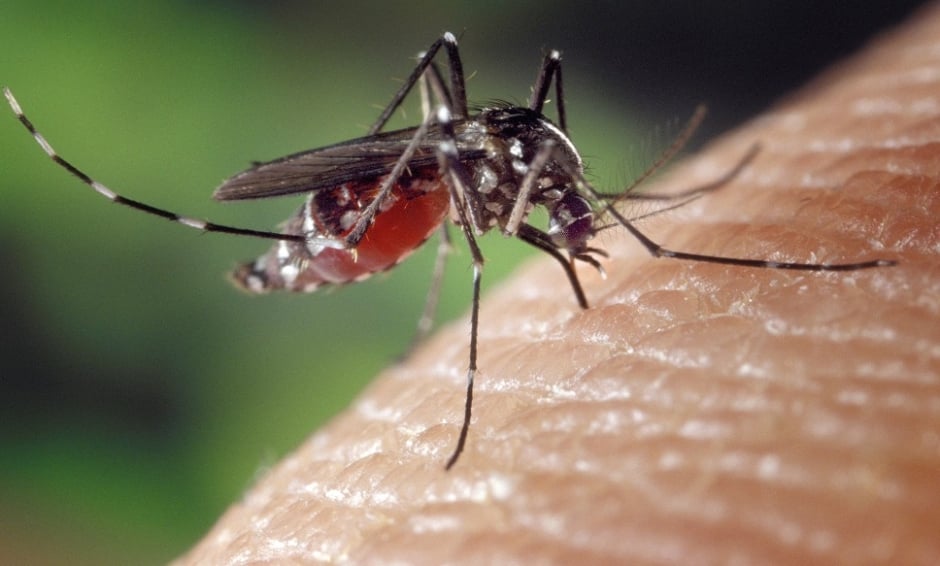THE LIKELIHOOD of malaria infection is influenced by the number of parasites a mosquito carries, according to new research.
The findings show that mosquitoes with a higher number of sporozoites in their salivary glands after blood-feeding are more likely to have caused infection than mosquitoes with fewer parasites. The research also provides evidence to suggest that the world’s first licensed malaria vaccine, RTS,S, may only be partially effective because it fails to protect against highly infected mosquitoes.
The entomological inoculation rate (EIR) is commonly used to determine the intensity of malaria transmission by measuring the average number of potentially infections mosquito bites per person per year. However, not every infectious mosquito bite will result in malaria and the EIR does not take into account how infectious each bite may be. Dr Andrew Blagborough, Imperial College London, London, UK, who was one of the researchers involved in the study, said: “We have shown that the concept of relying on the number of bites alone to predict malarial burden is flawed, and has probably hampered the successful use of control measures and the development of effective vaccines.”
Dr Blagborough and the team examined animal models and human volunteers exposed to repeated infection of malaria to track how many individual parasites different mosquitoes harboured. “The majority of mosquitoes in the wild are either uninfected or infected at quite low levels, but some individual mosquitoes are regularly very highly infected,” explained Dr Blagborough. Based on their research findings, the team hypothesised that the use of a pre-erythrocytic vaccine prevents mosquitoes with <400 residual-sporozoites from transmitting the infection. This means that vaccination against malaria may be ineffective against mosquitoes carrying higher amounts of parasites. In their paper, the team wrote: “the human data presented here is consistent with the ‘threshold’ dose response as only bites with >1,000 residual-sporozoites appeared to contribute to transmission.”
Jack Redden, Reporter








